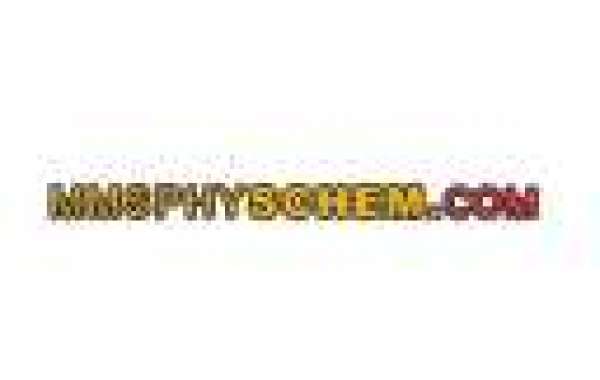Whether you're a seasoned professional or a recent graduate entering the workforce, understanding effective resume writing tips is essential for showcasing your skills and experiences. In this comprehensive guide, we'll delve into key strategies to create a compelling resume that stands out and increases your chances of securing your dream job.
Understanding the Basics:
Clear and Concise Format:
Begin with a clean, organized layout. Use a professional font, appropriate spacing, and consistent formatting throughout the document.
Aim for a one-page resume, but if you have extensive experience, a two-page resume is acceptable.
Contact Information:
Place your contact information at the top of the resume, including your full name, phone number, professional email address, and LinkedIn profile (if applicable).
Professional Summary or Objective:
Include a brief professional summary or objective statement at the beginning of your resume. This should highlight your career goals and key qualifications.
Crafting the Perfect Resume Content:
Tailor for the Job:
Customize your resume for each job application. Highlight the skills and experiences most relevant to the specific position you're applying for.
Use Action Verbs:
Begin each bullet point with a strong action verb to describe your accomplishments and responsibilities. This adds dynamism to your resume and showcases your proactive approach.
Quantify Achievements:
Whenever possible, use quantifiable metrics to demonstrate your achievements. For example, instead of saying you "increased sales," specify that you "increased sales by 20% within six months."
Highlight Relevant Skills:
Create a dedicated skills section, showcasing both technical and soft skills. This provides a quick snapshot of your qualifications for recruiters.
Show Career Progression:
Clearly outline your work experience in reverse chronological order. Demonstrate your career progression and emphasize increasing levels of responsibility and accomplishments.
Educational Background:
List Education Clearly:
Clearly present your educational background, including the name of the institution, degree earned, graduation date, and any relevant academic achievements.
Include Certifications and Training:
If you have relevant certifications or additional training, include them in a separate section. This can add value to your resume, especially in industries that require specific qualifications.
Optimize for Applicant Tracking Systems (ATS):
Use Keywords:
Incorporate industry-specific keywords relevant to the job description. Many companies use Applicant Tracking Systems to filter resumes, so aligning your content with the job posting increases your chances of being noticed.
Avoid Graphics and Tables:
While a visually appealing resume is important, many ATS struggle with graphics and tables. Stick to a clean and simple format to ensure your resume passes through automated systems seamlessly.
Additional Tips for Success:
Proofread Thoroughly:
A typo or grammatical error can be a red flag for employers. Proofread your resume multiple times, and consider asking a friend or mentor to review it as well.
Include a Professional Email Address:
Ensure your email address is professional. Avoid using nicknames or overly casual identifiers.
Update Regularly:
Regularly update your resume to reflect your most recent accomplishments and experiences. This ensures that your resume is always current when opportunities arise.
Conclusion:
Crafting a compelling resume is a critical step in the job application process. By implementing these resume writing tips, you can create a document that effectively showcases your skills and experiences, making you a standout candidate in the eyes of potential employers. Remember, your resume is not just a summary of your work history; it's a marketing tool that should be tailored for each job application. With a well-crafted resume, you'll be well on your way to securing the job you've been dreaming of.










